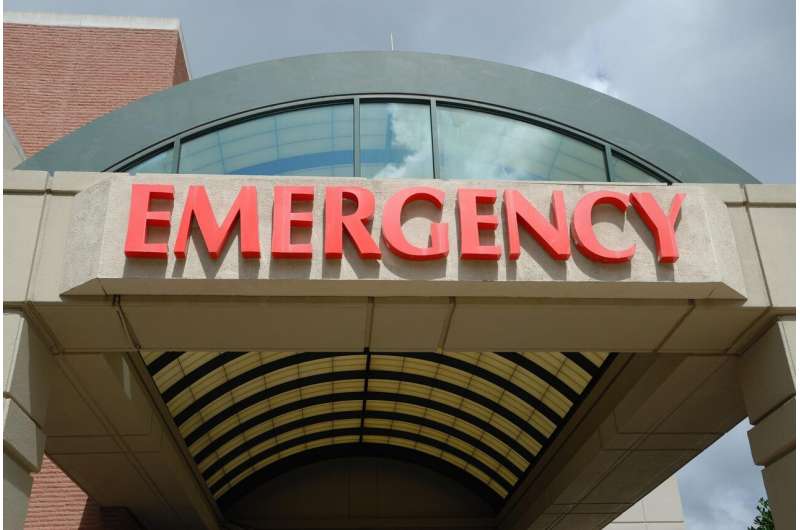Rising Trends in HIV Pre-Exposure Prophylaxis Use Among Young Adults: Progress and Challenges

A new study reveals a significant rise in HIV-preventive medication use among young adults, highlighting progress and ongoing challenges in HIV prevention efforts.
Recent research indicates a significant increase in the number of young adults in the United States who are using HIV-preventive medication, with prescription rates rising eightfold over the past decade. A study conducted by the University of Michigan Medical School analyzed pharmacy data from 2016 to 2023, focusing on individuals aged 18 to 25, and found that the number of prescriptions for oral PrEP (pre-exposure prophylaxis) surged from 26 to over 208 per 100,000 young adults.
While this growth is encouraging, especially considering that PrEP, when taken consistently, can reduce the risk of acquiring HIV by 99%, concerns about adherence persist. The study observed that the duration of prescription refills decreased by more than two weeks during this period, suggesting potential issues with consistent medication use or challenges in maintaining regular healthcare appointments.
The study highlights how young adults, a group often overlooked in healthcare settings due to transitioning from pediatric to adult care, remain at high risk for HIV. Dr. Nina Hill, the lead researcher, emphasizes the importance of addressing barriers to sustained PrEP use, including the complex process that involves screening, initial testing, prescription filling, and periodic follow-up tests.
Geographically, nearly one-third of young adults on PrEP resided in the southern U.S., an area with higher HIV transmission rates. During the study, prescriptions for the first-generation drug Truvada and its generic constituted over 70% of all prescriptions, with newer options like Descovy and injectable PrEP being less frequently utilized, partly due to limited availability during the research period.
The prescription providers ranged from nurse practitioners to specialists, with emergency physicians reporting a tenfold increase in PrEP prescriptions. The U.S. Preventive Services Task Force recommends PrEP for individuals at increased risk of HIV, and most insurance plans, under the Affordable Care Act, are required to cover PrEP and HIV screening for eligible patients. Nonetheless, ongoing legal cases threaten this coverage, underscoring the need for continued policy advocacy.
Overall, the upward trend in PrEP use among young adults is promising, but efforts must focus on improving adherence, increasing awareness, and expanding access in high-risk regions to effectively curb HIV transmission among this vulnerable group.
source: https://medicalxpress.com/news/2025-05-young-adults-hiv-medication-gaps.html
Stay Updated with Mia's Feed
Get the latest health & wellness insights delivered straight to your inbox.
Related Articles
Age and Disease Duration as Key Predictors of Chronic Kidney Disease Post-Stem Cell Transplant
New research identifies age and disease duration as key factors influencing the risk of chronic kidney disease after hematopoietic stem cell transplantation, highlighting the need for targeted long-term kidney health management.
Elevated Childhood Blood Pressure Connected to Increased Risk of Early Heart Disease Death
High blood pressure in children is linked to a greater risk of early death from heart disease in adulthood. Early screening and intervention are crucial for long-term cardiovascular health.
Study Finds Younger Adults with Frailty at Increased Risk of Mortality and Hospitalization
New research shows that frailty in younger adults significantly increases the risk of death and emergency hospital admissions, highlighting the need for early detection and intervention across all adult ages.
Brain Care Score Indicates Risk for Heart Disease and Common Cancers
Discover how the McCance Brain Care Score can predict the risk of cardiovascular disease and common cancers, emphasizing lifestyle's role in holistic health.



